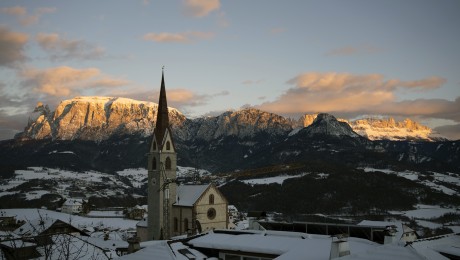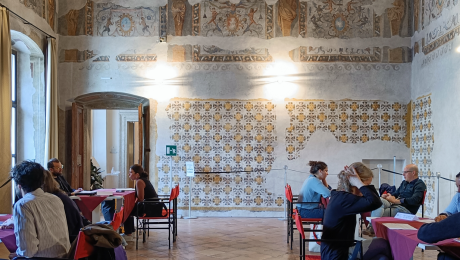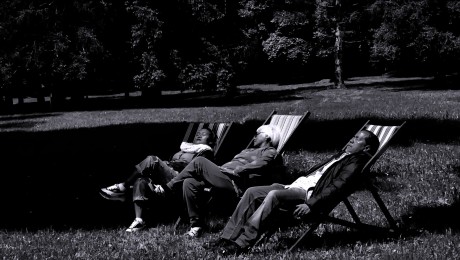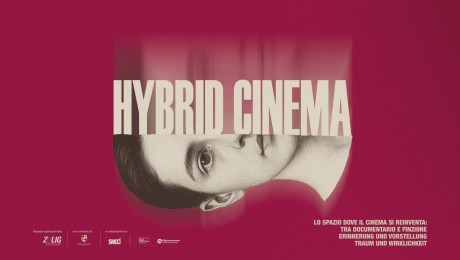BOLZANO FILM FESTIVAL BOZEN – BFFB
The Bolzano Film Festival Bozen – BFFB, a project of the FILMCLUB Bozen, was started in 1987 with the aim of bringing films from neighbouring countries to an area that was opening up to the world, while at the same time enhancing local independent film productions.
The BFFB was born and raised in a city of rare cultural vivacity. It can therefore only be an open, somewhat hybrid Festival, a reality embedded in an intense network of collaborations with the numerous institutions and initiatives operating in the area, pieces of a multiform mosaic that highlights bordering spheres such as culture, artistic evolution and social innovation.



































